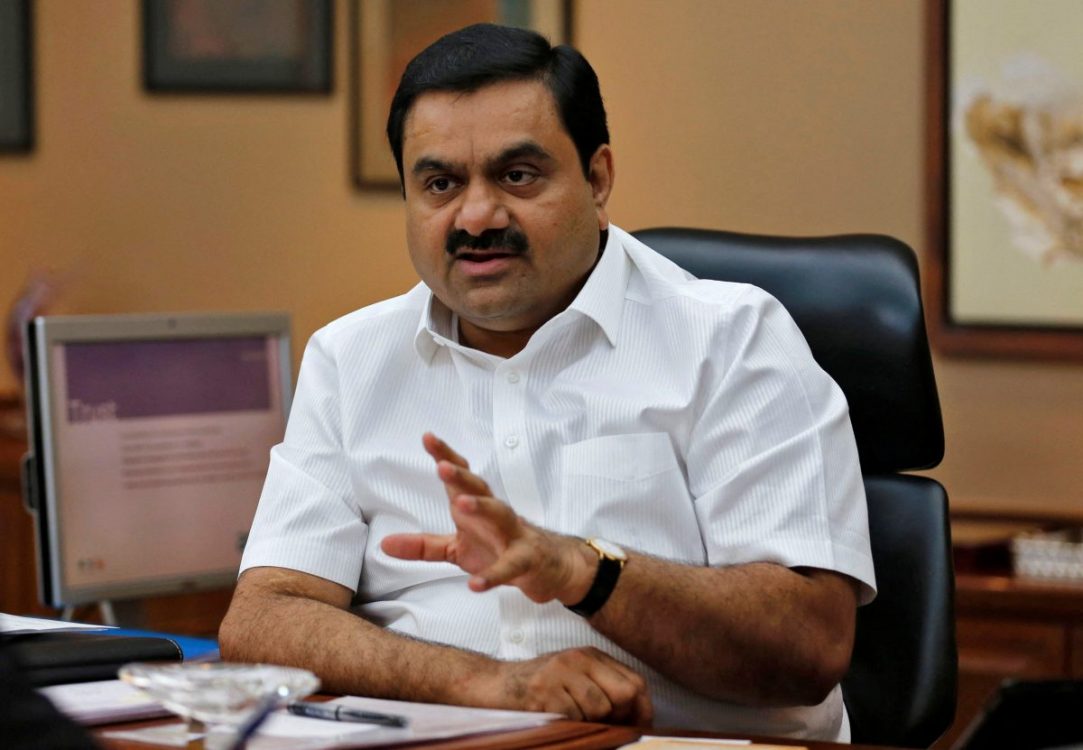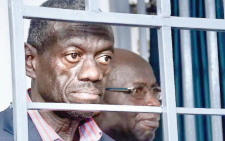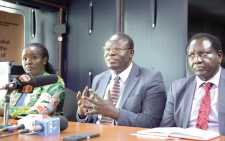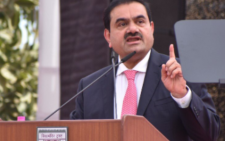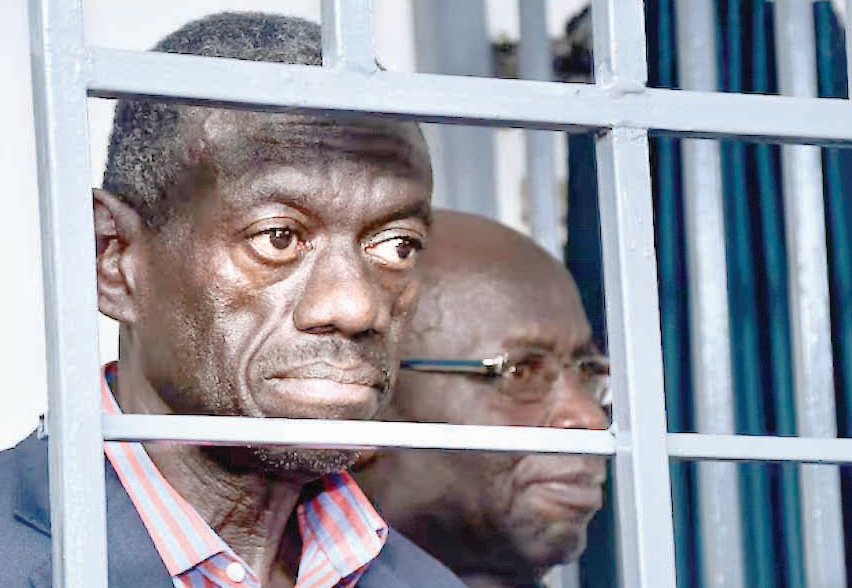Controversy surrounding the Adani Group’s proposed 30-year lease of Jomo Kenyatta International Airport has deepened concerns about the erosion of public trust in Kenya’s government.
Opaque nature of the deal, executed under a public-private partnership (PPP), has left many Kenyans and lawmakers questioning the motives and commitment to transparency.
In the deal, which many believe was rushed through without public participation or competitive bidding, is emblematic of a broader issue: the growing trust deficit between the government and the people of Kenya.
The Adani deal, executed without sufficient consultation with stakeholders, who in this case are the citizens of Kenya, epitomises a worrying trend where the government appears to prioritise private interests over public welfare.
Kenyans deserve to know why their airport, a critical national asset, was essentially auctioned off to a foreign conglomerate without their input. Instead, the deal was pushed through under the PPP framework, which allows private companies to propose projects to the government without a public tender.
The lack of transparency has sparked widespread outrage, with many questioning why such a significant national asset was handed over to a private company without exploring other options that might have benefited the country.
Senators like Kisii’s Richard Onyonka introduced new evidence that raised serious questions about the fairness of the process, suggesting that other companies had expressed interest in the project but were overlooked in favour of Adani.
The Law Society of Kenya and the Kenya Human Rights Commission have filed lawsuits to block the lease, arguing that the country can independently raise the funds needed to upgrade the airport. They also warn that the deal poses a fiscal risk and threatens job losses, ultimately offering poor value for money to taxpayers.
In the face of these growing concerns, the government has tried to assure the public that Kenya’s national interests will be safeguarded, and that the airport is not for sale. But such assurances ring hollow in light of the opaque process that led to the Adani deal in the first place.
Ultimately, this serves as a stark reminder that the Kenyan government must do more to regain the trust of its citizens. The encroachment of foreign interests into Kenya’s state-owned utilities is not just an economic issue — it is a matter of national sovereignty. And in this case, the government’s handling of the Adani deal has left many questioning whose interests are really being served.

